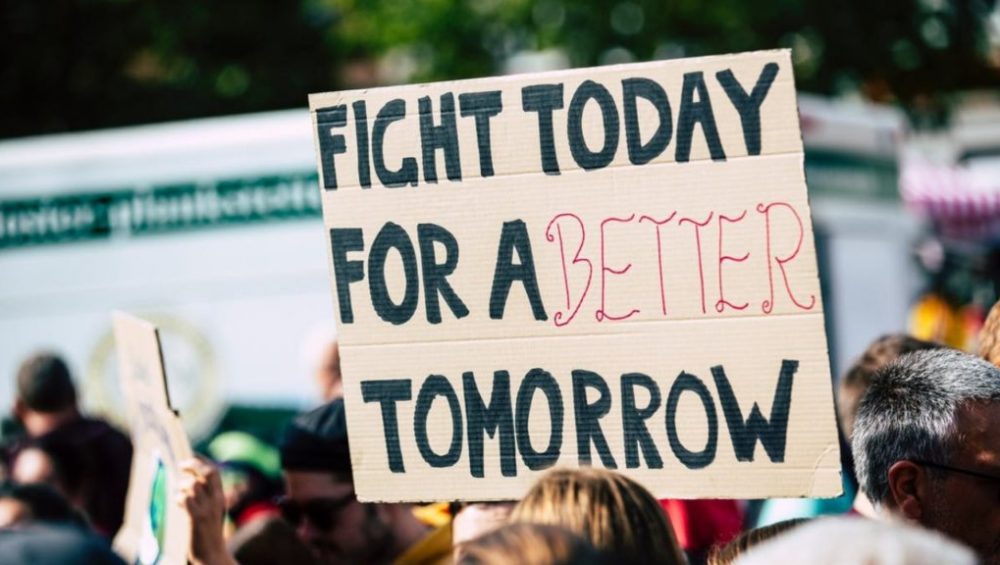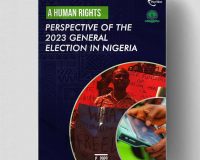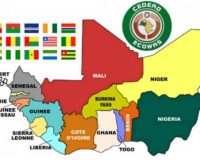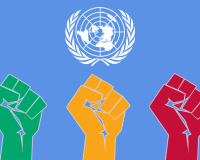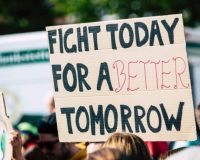The protection and promotion of human rights is essential for creating a just and equitable society. To achieve this goal, a variety of international, continental, regional, and national organizations have been established. These institutions work together to create a human rights-friendly environment where everyone’s rights are respected and upheld.
At the international level, organizations such as the United Nations, the International Criminal Court (ICC), and the International Court of Justice (ICJ) play a critical role in ensuring that human rights are protected globally. The United Nations Human Rights Council (UNHRC) and the Universal Declaration of Human Rights (UDHR) serve as important tools in promoting and protecting human rights. Additionally, the UN High Commissioner for Human Rights’ West Africa Regional Office (OHCHR-WARO) and the United Nations Office for West Africa and the Sahel (UNOWAS) work to promote human rights and peace in the West African region.
At the continental level, the African Union, the African Commission on Human and Peoples’ Rights (ACHPR), and the African Court on Human and Peoples’ Rights (ACHPR) work together to promote and protect human rights in Africa. The African Peer Review Mechanism (APRM) also plays a crucial role in ensuring good governance and human rights on the continent. Through these organizations, the African Union supports citizen and civil society engagement and is working to develop continental financial organizations.
At the regional level, organizations such as the Economic Community of West African States (ECOWAS) and the Economic Community of West African States Court of Justice work to ensure that the Revised Treaty and all other subsidiary legal documents enacted by the Community are interpreted and used in accordance with the law and equity principles.
Finally, at the national level, institutions such as the National Human Rights Commission and the Office of the Ombudsman work to promote and protect human rights within each country. In Guinea Bissau, however, an Ombudsman is currently lacking.
In conclusion, the success of any human rights-friendly environment depends on the collaboration of international, continental, regional, and national organizations. By working together, these institutions can create a better world where everyone’s rights are respected and upheld.

